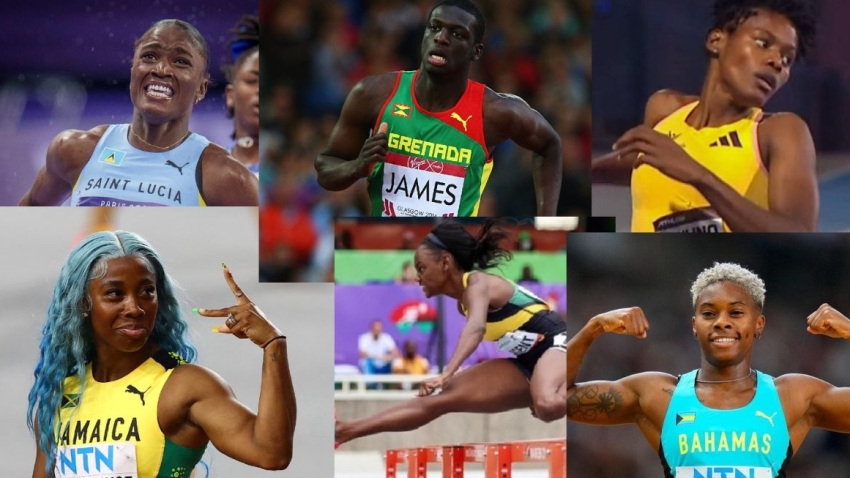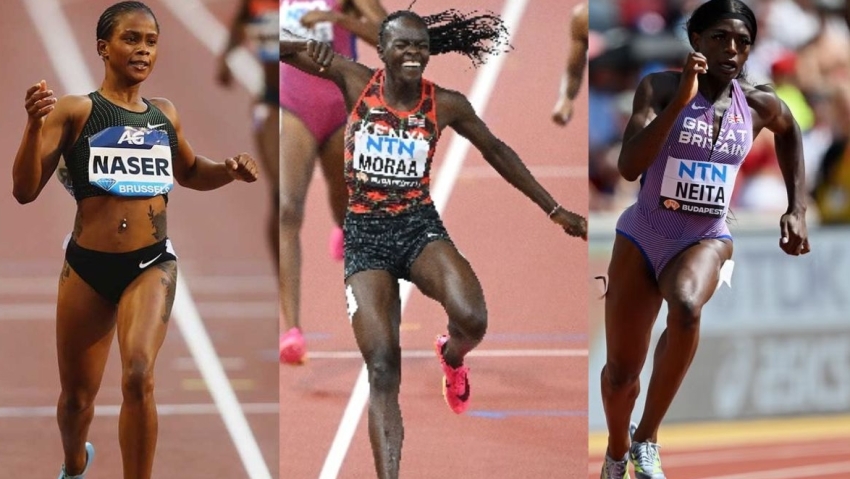Caster Semenya’s human rights were violated in the handling of her case by the Swiss legal system, according to the European Court of Human Rights.
The 32-year-old South African, who won Olympic gold over 800 metres in 2012 and 2016, was legally identified as female at birth but has a condition which means her body naturally produces higher levels of testosterone than women without the condition.
She has been unable to compete at her favoured distance since 2019, following the introduction of limits on testosterone levels for female athletes by World Athletics which would have forced her to use medication.
Earlier legal challenges at the Court of Arbitration for Sport (CAS) and the Swiss Federal Court had been rejected, but the ECHR found Switzerland had not afforded Semenya “sufficient institutional and procedural safeguards” to allow her to have her complaints examined effectively.
The “high stakes” involved for Semenya “should have led to a thorough institutional and procedural review”, the court said.
Semenya had been unable to obtain such a review, therefore the ECHR was
“unable to determine whether the DSD regulations, as applied in the applicant’s case, could be considered a measure that was objective and proportionate to the aim pursued (of protecting fair competition for female athletes”.
It said her complaints of discrimination as a result of World Athletics’ regulations were “substantiated and credible” but the judgement does not bring into question DSD regulations, nor will it allow Semenya to compete over 800 metres.
The seven ECHR judges found by a majority of four to three that Semenya’s rights under Article 14 of the European Convention on Human Rights, which concerns discrimination, had been violated by Switzerland. The Swiss state was also found to have violated Article 13 in not providing Semenya effective remedy against discrimination.
World Athletics released a statement on Tuesday saying its regulations were “a necessary, reasonable and proportionate means of protecting fair competition in the female category” and said it would encourage the Swiss state to refer Tuesday’s ECHR decision to the Grand Chamber for a final judgement.
“World Athletics notes the judgment of the deeply divided Chamber of the European Court of Human Rights (ECHR).
“We remain of the view that the DSD regulations are a necessary, reasonable and proportionate means of protecting fair competition in the female category as the Court of Arbitration for Sport and Swiss Federal Tribunal both found, after a detailed and expert assessment of the evidence.
“The case was filed against the state of Switzerland, rather than World Athletics.
“We will liaise with the Swiss Government on the next steps and, given the strong dissenting views in the decision, we will be encouraging them to seek referral of the case to the ECHR Grand Chamber for a final and definitive decision.
“In the meantime, the current DSD regulations, approved by the World Athletics Council in March 2023, will remain in place.”
Schona Jolly KC from Cloisters, a barrister who had acted for Semenya in the case, said: “We are absolutely delighted for our client today. Caster has never given up her fight to be allowed to compete and run free.
“Today’s judgment is testament to her resilience and courage. This important personal win for her is also a wider victory for elite athletes around the world.
“It means that sporting governance bodies around the world must finally recognise that human rights law and norms apply to the athletes they regulate.”

























